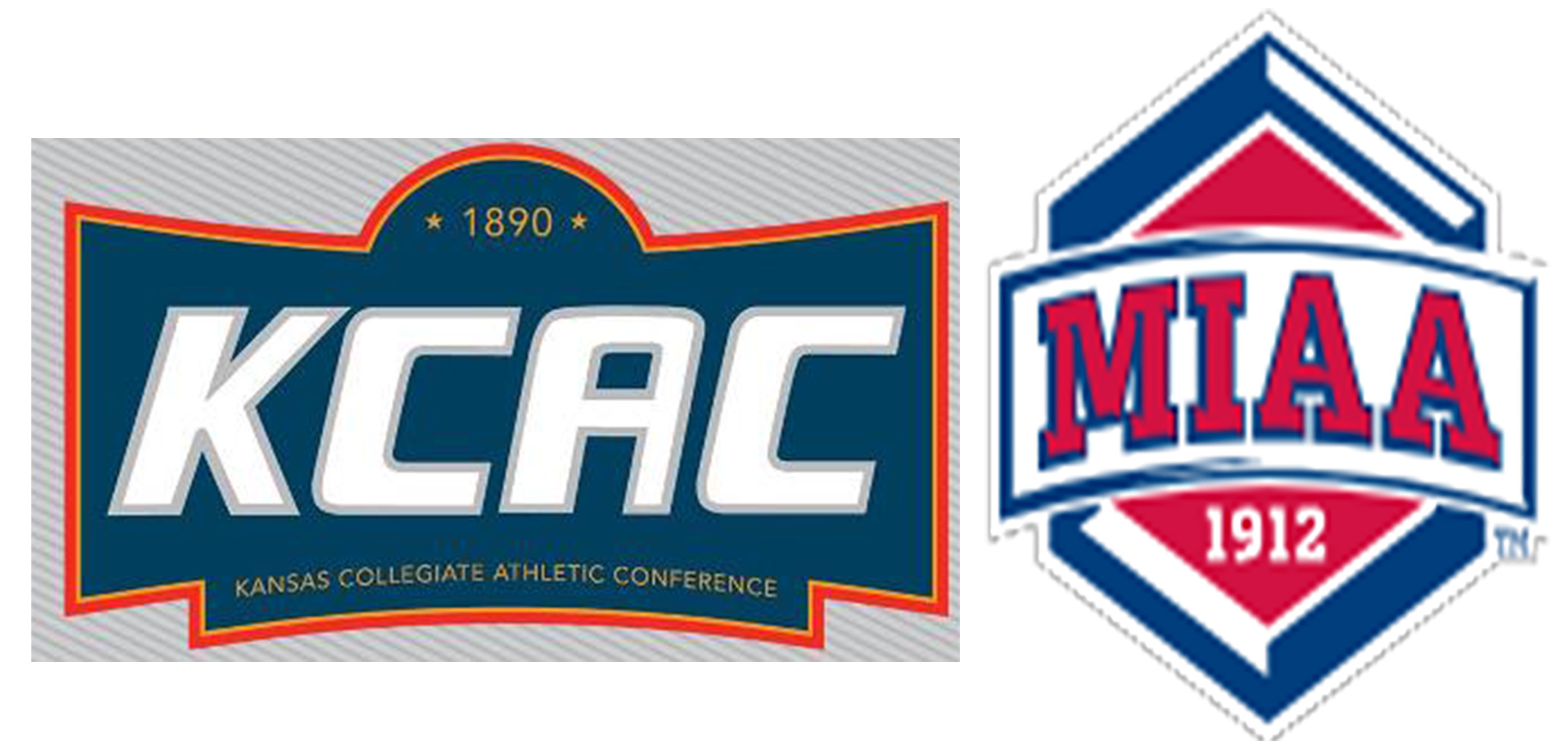The American College of Cardiology has awarded Salina Regional Health Center’s chest Pain Center with Primary PCI Accreditation after a rigorous onsite evaluation in May. The accreditation validates the staff’s ability to evaluate, diagnose and treat patients who may be experiencing a heart attack.
“This accreditation proves our commitment to improving the lives of the people in our community and region,” says Rachelle Giroux director of Trauma, Stroke, and Chest Pain Accreditation.
“Our care is driven by nationally recognized standards to ensure our patients receive the best care as defined by the American College of Cardiology,” said Christan Butler, Chest Pain Program coordinator.
According to the Centers for Disease Control and Prevention, more than 730,000 Americans suffer a heart attack each year. The most common symptom of a heart attack for both men and women is chest pain or discomfort. However, women are more likely to have atypical symptoms. Other heart attack symptoms include, but are not limited to, tingling or discomfort in one or both arms, back, shoulder, neck or jaw, shortness of breath, cold sweat, unusual tiredness, heartburn-like feeling, nausea or vomiting, sudden dizziness and fainting.
Percutaneous coronary intervention (PCI) is also known as coronary angioplasty. It is a minimally invasive procedure that opens narrowed or blocked coronary arteries with a balloon to relieve symptoms of heart disease or reduce heart damage during or after a heart attack.
Hospitals that have earned ACC Chest Pain Center with Primary PCI Accreditation have proven exceptional competency in treating patients with heart attack symptoms and have primary PCI available 24/7 every day of the year. As required to meet the criteria of the accreditation designation, they have streamlined their systems from admission to evaluation to diagnosis and treatment all the way through to appropriate post-discharge care. This includes providing recommendations and assistance to patients who should make lifestyle changes. In addition, they have formal agreements with other hospitals that regularly refer heart attack patients to their facility for primary PCI.
“Salina Regional Health Center has demonstrated its commitment to providing north central Kansas with excellent heart care,” said Phillip D. Levy, MD, FACC, chair of the ACC Accreditation Management Board. “ACC Accreditation Services is proud to award Salina Regional Health Center with Chest Pain Center with Primary PCI Accreditation.”
Hospitals receiving Chest Pain Center with Primary PCI Accreditation from the ACC must take part in a multi-faceted clinical process that involves: completing a gap analysis; examining variances of care, developing an action plan; a rigorous onsite review; and monitoring for sustained success.
Improved methods and strategies of caring for patients include streamlining processes, implementing guidelines and standards, and adopting best practices in the care of patients experiencing the signs and symptoms of a heart attack. Facilities that achieve accreditation meet or exceed an array of stringent criteria and have organized a team of doctors, nurses, clinicians, and other administrative staff that earnestly support the efforts leading to better patient education and improved patient outcomes.
“Implementing guidelines through the ACC has allowed us to identify areas where we could more efficiently diagnose patients and get them the life-saving treatment they need with regard to cardiac care,” said Zachary Jepson, M.D., emergency room physician and medical director for the Chest Pain Program at Salina Regional. “Our administration and board of directors had the foresight to support this process and we have already seen positive changes for our patients.”
The ACC and American Heart Association are collaborating to offer U.S. hospitals like
Salina Regional Health Center access to a comprehensive suite of co-branded cardiac accreditation services designed to optimize patient outcomes and improve hospital financial performance. These services are focused on all aspects of cardiac care, including emergency treatment of heart attacks.



